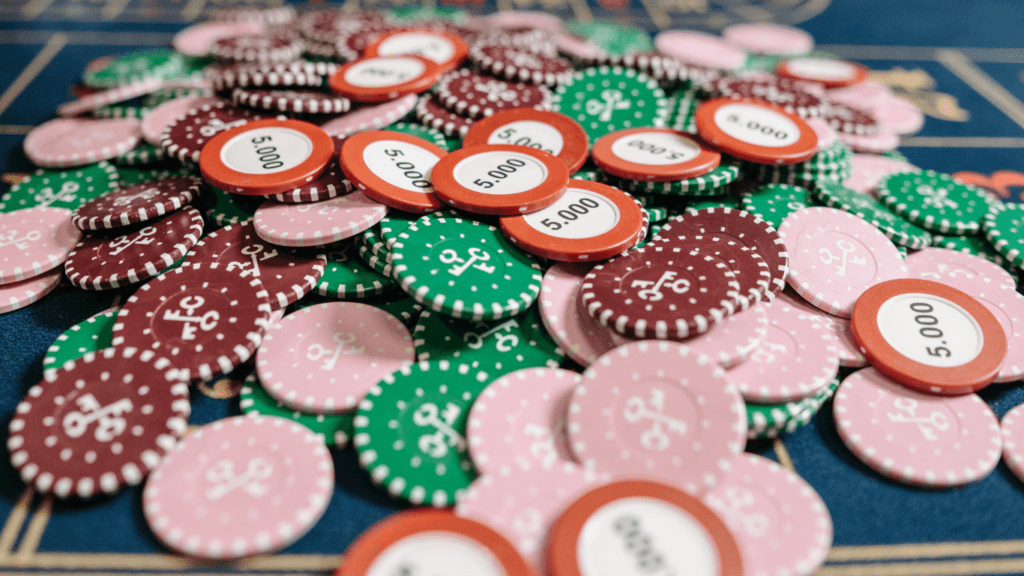The Concept Of Luck
Luck fascinates many because it appears both random and controllable. People often talk about luck as if it’s a mystical force, yet research shows it might connect to how individuals perceive and react to their environments. Psychologist Richard Wiseman identified habits of people who consider themselves lucky they’re open to:
- new experiences
- maintain a positive attitude
- use intuition for decisions
These traits contribute significantly to favorable outcomes. Randomness plays a role in luck, but perception shapes its impact. Those with a positive mindset interpret events optimistically, seeing opportunities where others see challenges. This mindset influences behavior, leading to actions that create more “lucky” circumstances. By understanding these concepts, anyone can increase their likelihood of encountering good fortune by adjusting perception and behavior.
Psychological Perspectives On Luck
Luck often hinges on psychology, affecting how it’s perceived and experienced. These mental frameworks play a crucial role in shaping what we classify as luck.
The Role Of Perception
- In understanding luck, perception plays a pivotal part.
- People who view themselves as lucky tend to notice and remember positive experiences more than negative ones.
- This selective attention skews their reality towards optimism, encouraging a cycle of positive events.
- Richard Wiseman’s research indicates that self-proclaimed lucky individuals often exhibit higher self-esteem and confidence levels, which attract favorable circumstances.
- By approaching life with a positive outlook, they are more likely to seize opportunities that align with their goals.
Confirmation Bias And Luck
Confirmation bias significantly influences perceived luck. I find that individuals focused on luck often see patterns in random events, interpreting them as luckier than they truly are. This bias reinforces existing beliefs, making them feel justified in attributing success or failure to luck rather than skill or effort. For example, repeatedly avoiding traffic and arriving on time might be seen as lucky, but it’s often a result of careful planning and awareness. Recognizing the impact of confirmation bias can help one maintain a balanced view, understanding that while luck occurs, strategic actions often play a greater role.
Behavioral Traits Of Lucky People

Lucky people often exhibit distinct behavioral traits that set them apart. These traits enhance their ability to attract and capitalize on fortunate opportunities.
Openness To Opportunities
Embracing new experiences allows lucky individuals to encounter more opportunities. I notice that these individuals often connect with diverse groups and participate in events they find unfamiliar, which increases their chances of discovering unexpected prospects. By remaining flexible and open-minded, they expose themselves to a variety of situations where luck can manifest.
Resilience And Positive Thinking
Resilience helps lucky people overcome setbacks and view them as learning experiences. When facing challenges, they tend to maintain a positive outlook, believing that persistence will lead to success. This positive thinking creates a self-reinforcing cycle—optimism attracts favorable situations, and favorable outcomes further reinforce optimism. I observe that lucky individuals’ ability to remain hopeful in difficult times ultimately contributes to their perceived good fortune.
Environmental And Situational Factors
Environmental and situational factors significantly impact how individuals perceive and experience luck. These factors often create opportunities that appear serendipitous but are influenced by external circumstances.
The Influence Of Social Networks
Social networks play a pivotal role in shaping perceived luck. Connections with diverse groups expose individuals to a wide range of opportunities and information. For example, research shows that people with extensive social connections tend to learn about new job openings or investment prospects before others. A robust network also provides support during challenging times, creating a safety net that helps individuals recover swiftly from setbacks. By actively cultivating relationships and participating in various communities, one can increase their chances of encountering fortuitous opportunities.
Geographic And Cultural Elements
Geographic and cultural elements are crucial in determining perceived luck. Living in a thriving economic region often presents more opportunities for success, entrepreneurship, and innovation. For instance, Silicon Valley is renowned for its concentration of startups and technology companies, offering a fertile ground for ambitious individuals. Cultural values also shape luck perception by promoting behaviors aligned with favorable outcomes. In cultures that value risk-taking and innovation, individuals might be more inclined to pursue unconventional paths, leading to unique opportunities. Adapting to geographic and cultural contexts can thus enhance one’s prospects of experiencing good fortune.



 Legal and Compliance Advisor for Key Gamble Lucky, Lucas specializes in navigating the complex landscape of casino game strategies, offering expert betting tips, and analyzing industry trends. With a strong background in gambling law and industry analysis, Lucas ensures that the platform remains up-to-date on regulatory changes while providing readers with valuable insights into the legal aspects of gambling. His expert advice helps readers sharpen their skills, make more informed decisions, and improve their overall betting outcomes, all while staying compliant with the latest legal standards.
Legal and Compliance Advisor for Key Gamble Lucky, Lucas specializes in navigating the complex landscape of casino game strategies, offering expert betting tips, and analyzing industry trends. With a strong background in gambling law and industry analysis, Lucas ensures that the platform remains up-to-date on regulatory changes while providing readers with valuable insights into the legal aspects of gambling. His expert advice helps readers sharpen their skills, make more informed decisions, and improve their overall betting outcomes, all while staying compliant with the latest legal standards.